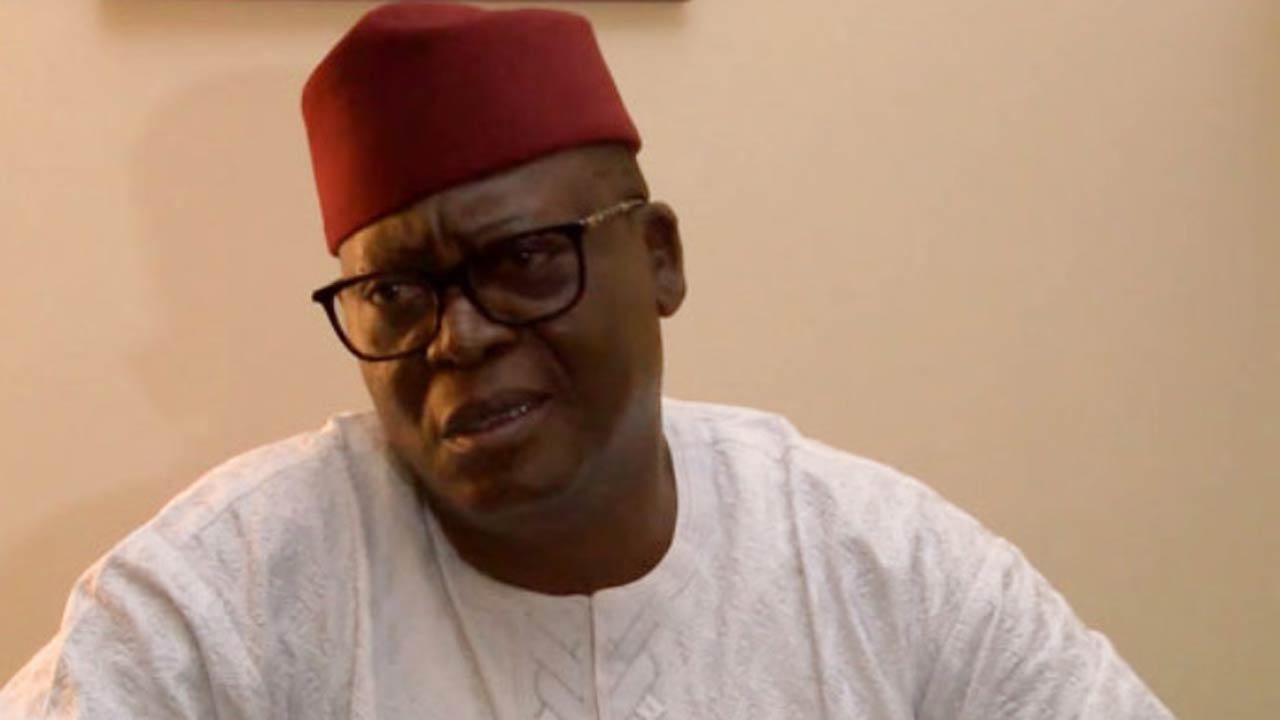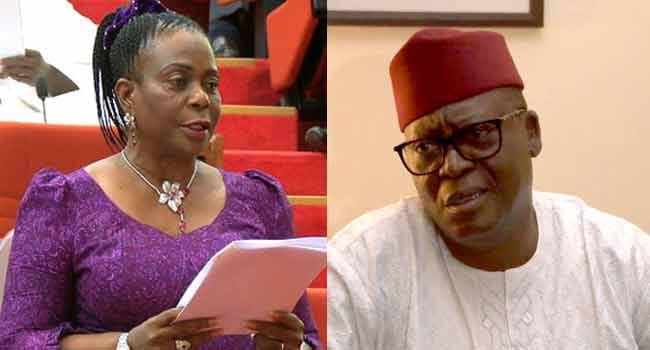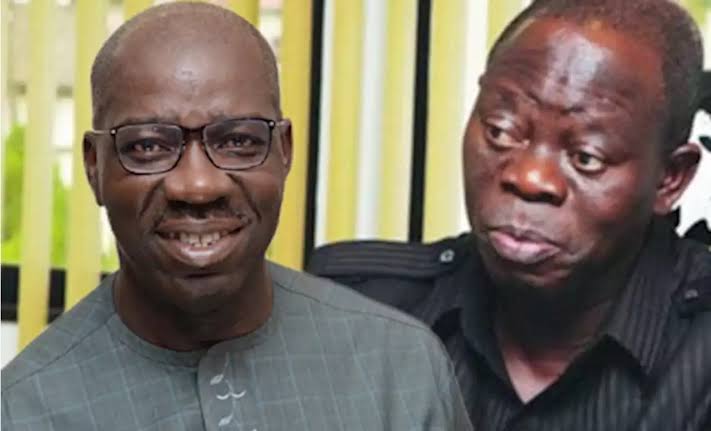Opinion
Senator Dayo Adeyeye, There Is No Such Classification As “Ordinary Clerks”

By John Egbeazien Oshodi
In the July 9th, 2019 edition of Sahara Reporters, an online News Outlet with a focus on Africa affairs and challenges, there was an interview-based publication, titled “Jumbo Pay: We’re Entitled To What We Get, Even Ordinary Clerks Get Funds For Running Costs, Says Senator Adeyeye”.
Senator Adeyeye reportedly used the words “even ordinary clerks” which by all accounts is administratively, ethically and humanly confusing across the workplaces of Africa and the globe entirely.
The use of such words to categorize and classify clerical workers shows an apparent disregard for the basic rules of workplace conduct especially when we realize that there is disrespect stamped on words like “even ordinary…”
It may or may not have been obvious that the way Adeyeye used those words can be bothan action and a feeling implying disregard, disdain, indifference and humiliation.
It is offensive and derogatory as it sends the idea that persons who play the roles of a Clerk, are “ordinary” as such have no ability, quality, or purpose and certainly have no power or impact.
Adeyeye whether you recognize it or not, the clerk can make or break your collective senatorial outputs and deliverables on the floor of the senate.
The clerk or typist or secretary is one of the most valuable assets any senior official including senators can have in their office since clerical acts are so vital that the more satisfying,they are the smoother, your senatorial contributions are on the senate floor. The same clerk you term ordinary can make or break the administrative aspects of your work, they can make things become a nightmare for you from the point of clerical and administrative organization.
Remember along with other office staff, that clerk you classify as “ordinary” is involved wholly or partly in operating office machinery, assisting with photocopiers, scanners, telephone, and voicemail systems including,answering questions, addressing complaints, explaining information, and taking messages in accordance to your instructions and how you want things done.
Clerks assist in handling incoming and outgoing office correspondence,maintaining, updating systems for filing, inventory, mailing, and helping in compiling and maintaining records of office activities and official transactions. In some cases,help format and organize documents to be presented in the senate chamber by you. They play a part in preparing meeting agendas, office seating arrangements, and manage your work schedules, calendars, and appointments.
Senator Adeyeye now you see they are not ordinary or common as expressed by you.
There was a time when official acts like yours in terms of your clerical ascription was confined within limited exposures, not now as anything one utters or write in this digital age becomes known globally instantly.
Adeyeye it is honestly essential persons in official positions like a senator managetheir public words carefully as in this case to ensure that feelings and thoughts of proper designation of workplace roles like clerical efforts does show value in them, as such reflects worth, appreciation and respect for their contributions.
Clerks as you can see from my descriptions and explanations are not ordinary, and one lesson yon can learn from this is that clerks not only always deserve respect but appreciation all year-round.
Senator Adeyeye I wish you good health and strength with the expectation that you will continue to fight for legislation that is in the best interest of the people with the supportive hands of your Clerks.
– Oshodi, Ph.D. is a Florida based Forensic/Legal/Clinical Psychologist. He can be reached via email: Jos5930458@aol.com
Disclaimer: The views and opinions expressed here are those of the author and do not necessarily reflect the official policy or position of Oriental Times or any employee thereof.






